Mob rule delivers on Australia Post’s Christine Holgate
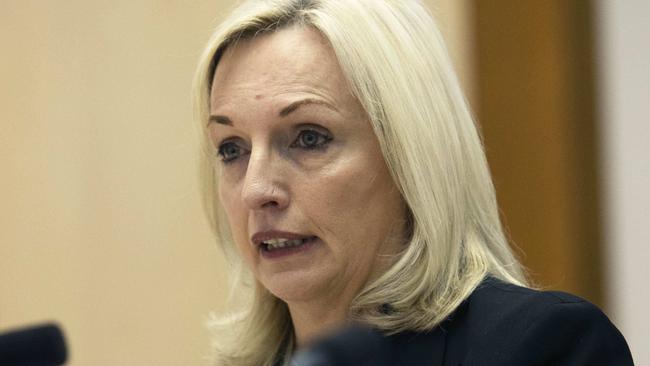
In gifting four Cartier watches, total value under $20,000 to managers who had secured a $220m investment for the huge profit driven business trying to turn itself around, Holgate was absolutely within her rights. Twenty grand in cash split four ways for a bonus is utterly unremarkable. Moreover, Holgate says she had the support of the then chairman.
These events happened not during Covid, they happened two years ago. But they surfaced during Covid when Holgate was ambushed by a Labor senator at estimates, one who no doubt was familiar with the CEO’s penchant for flashy wristwear herself.
If Holgate is to be criticised in all this, it is not for how she has run AusPost in extreme circumstances, and not for rewarding for outcome; it is for those few agonising moments under questioning in Senate Estimates where she appeared to forget that she ran a business owned by the government, owned by the taxpayer. “I have not used taxpayers’ money” she said. “We are a commercial organisation. We do not receive government funding. We are a commercial organisation.”
Corporatised businesses like Australia Post are a curious halfway house between public and private, set up by governments, state and federal precisely to incentivise productivity and to make profit, often ahead of a privatisation. No, they do not receive government funding. They are set up to make more money for the government, which is then reinvested or skimmed off by government into general government coffers. But to be quite clear, it is owned by the government, on behalf of the taxpayer.
Naturally, CEOs of corporatised businesses typically have much more autonomy to deliver the profit incentive. But when a decision gets played politically, few understand optics better than the Prime Minister. “I was appalled. It was disgraceful and it’s not on,” he said indignantly and opportunistically on the floor of parliament, played perfectly by Labor.
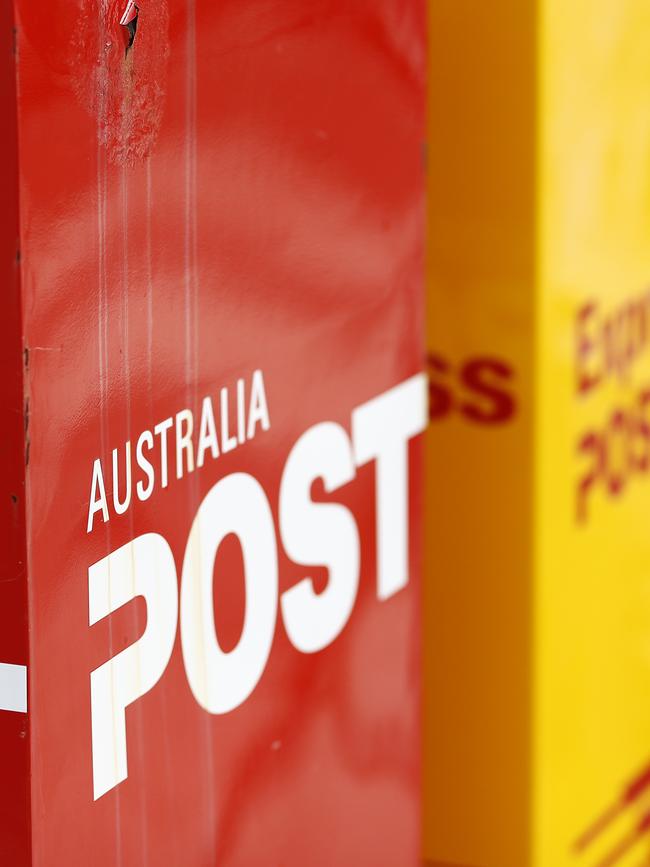
“I appreciate the optics of the gifts involved do not pass the ‘pub test’ for many,” Holgate acknowledged on Monday. Unfortunately, the optics get worse. Holgate’s Range Rover with POSTY1 number plates probably don’t work in the pub either, which is ironic because she has been praised for her down to earth connection with workers both at Australia Post and formerly at Blackmores. It’s just that Postman Pat had a black and white cat, that’s all.
The inquiry will do its job and hopefully understand tensions between franchisees who see Holgate as a hero and the still potent union forces which she clearly rankled just like her predecessor, Ahmed Fahour.
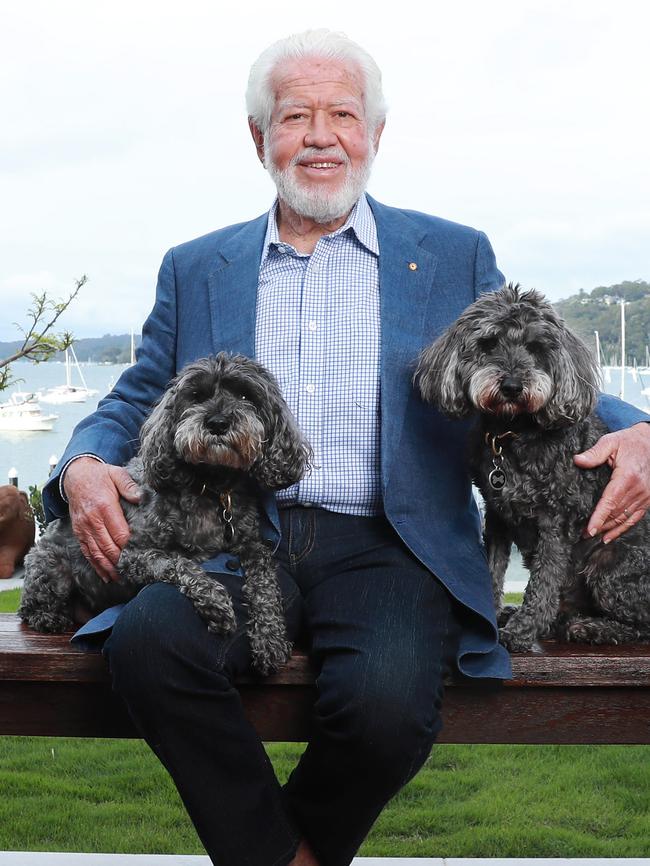
Holgate’s career is not over. When you have someone as respected and influential (especially within Labor) as Ian Silk in your corner, your career is far from over. “Christine doesn’t look or sound like a chief executive from central casting, but if you can put aside preconceptions of what a ‘normal’ chief executive is meant to be, you find someone who is one of the best and most successful executives in the country.”
“To the PM,” wrote Holgate, “I have no animosity towards the government and have enjoyed working with the Prime Minister, the Shareholder Ministers and many other political leaders during my tenure.”
As it turns out, perhaps the most unhelpful comment Holgate received came in friendly fire from her mentor Marcus Blackmore, who said: “I saw what it did to her. She’s been crying for days.”
News flash. Male CEOs can cry too when the chips are down. It’s all optics.
Ticky Fullerton is the Sky News Business Editor


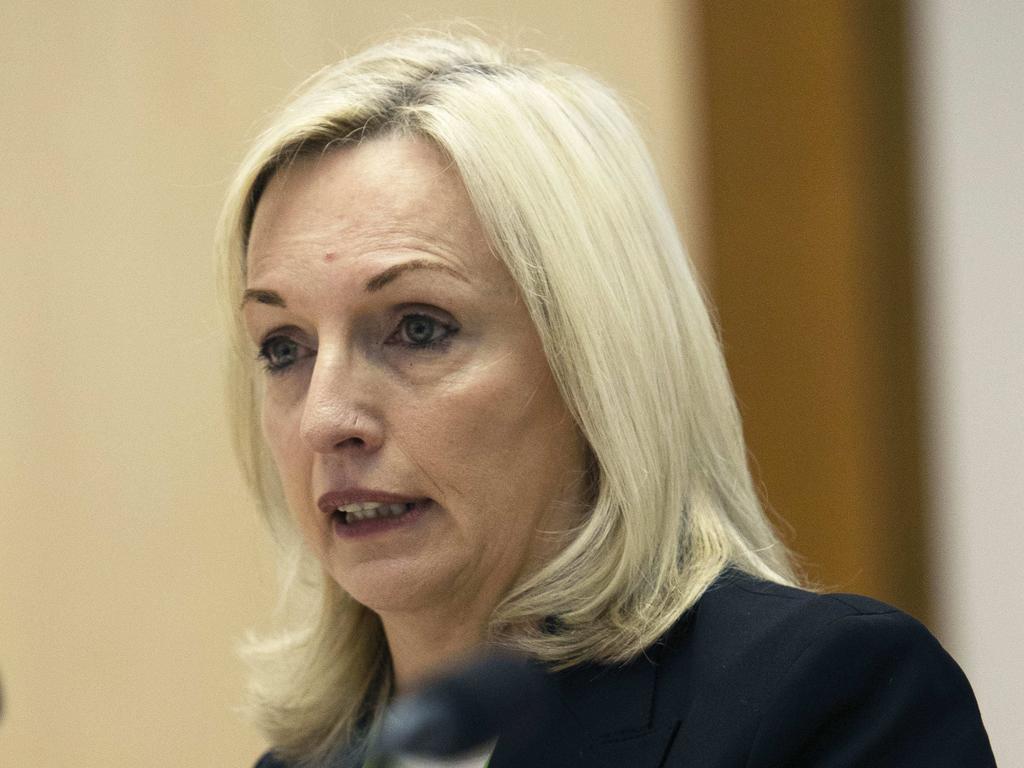
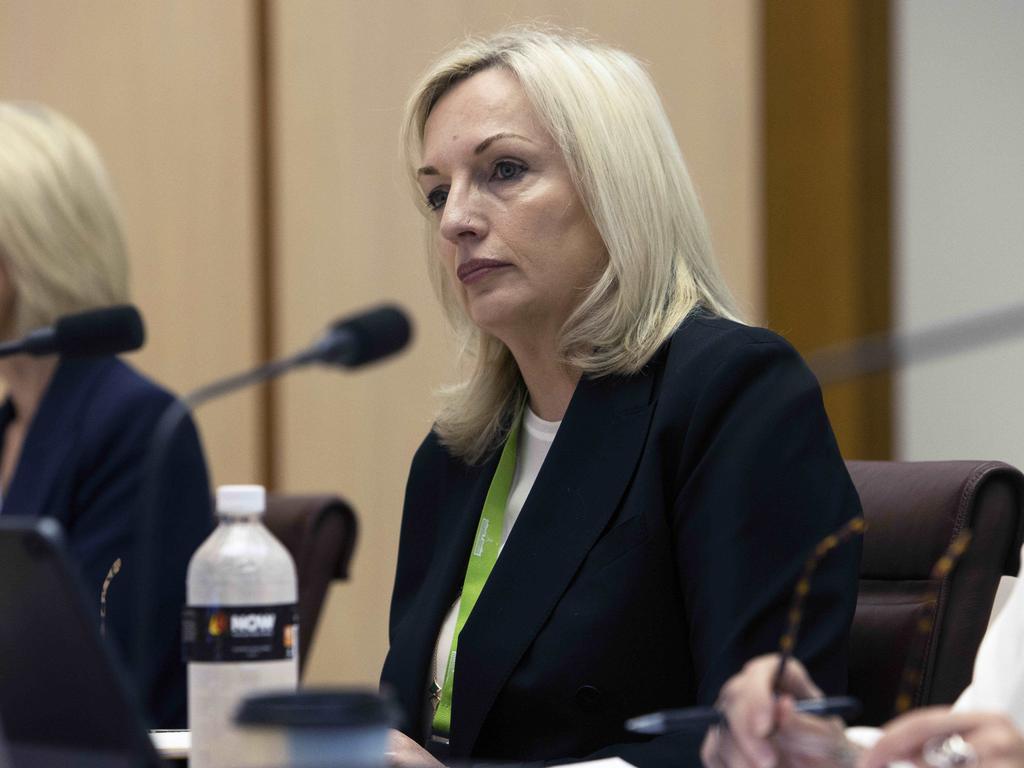
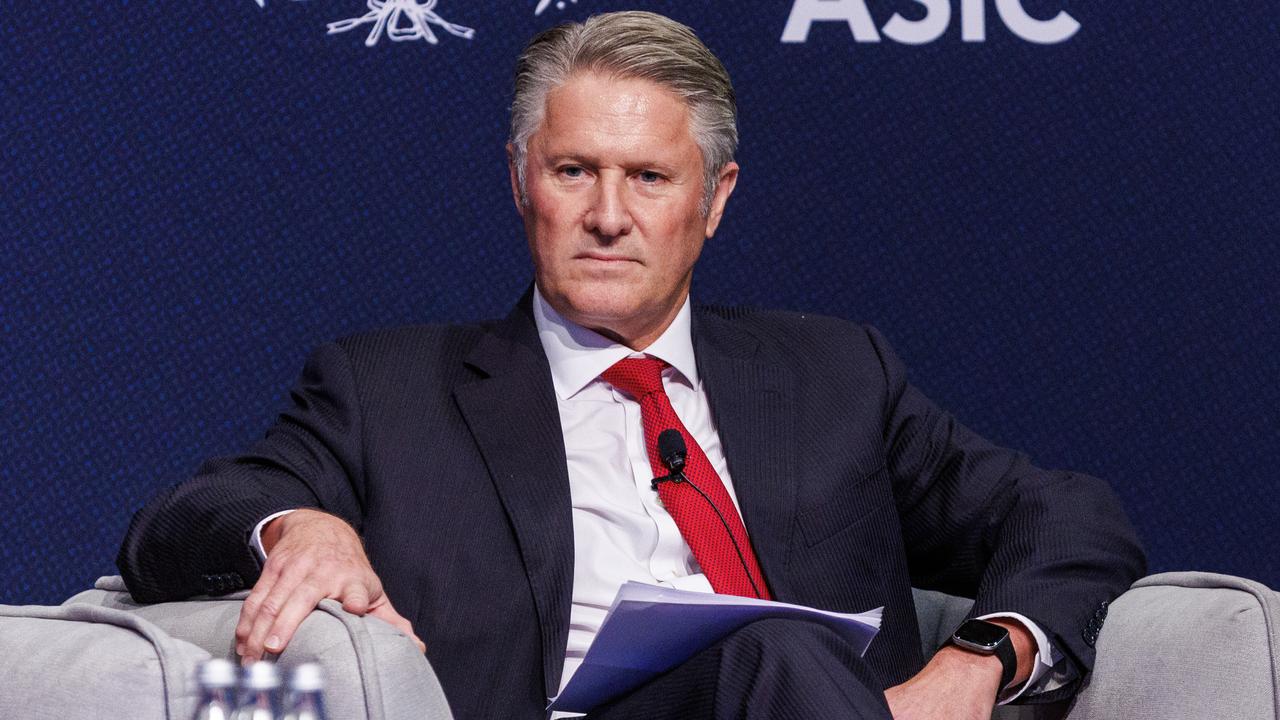
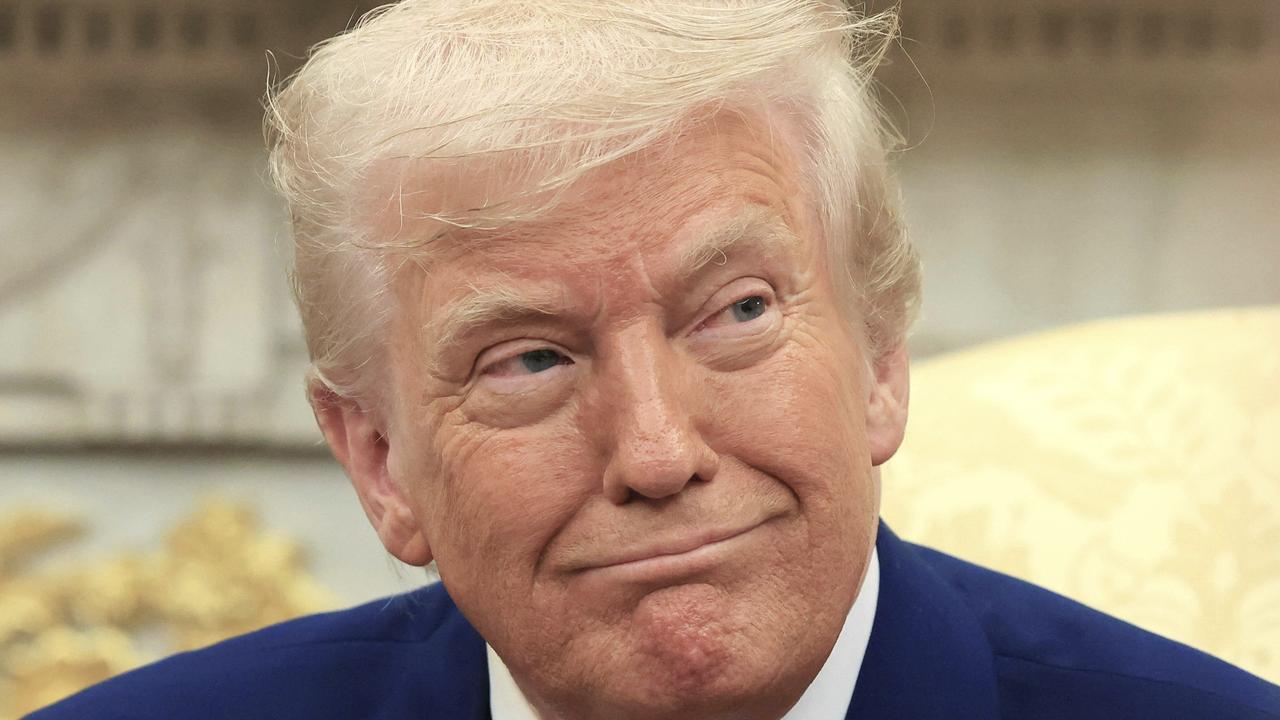
Falling on her sword on Monday, Australia Post CEO Christine Holgate was profuse. “My sincere apologies if my words or actions have offended others as this would never have been my intention.” To stay she said, would be a distraction both for the business, gearing up for a record online parcel post Christmas, and herself as she cooperated with the inquiry.